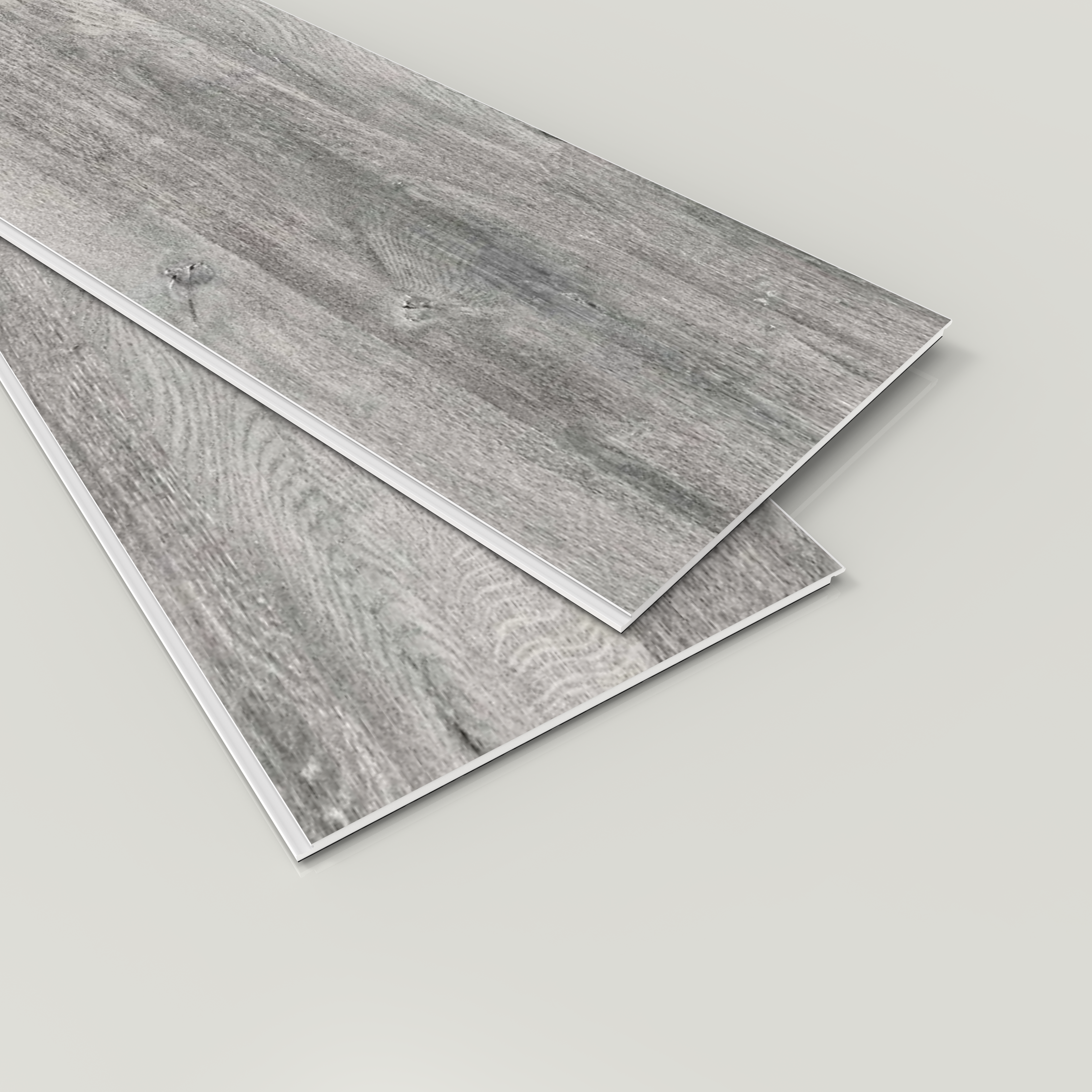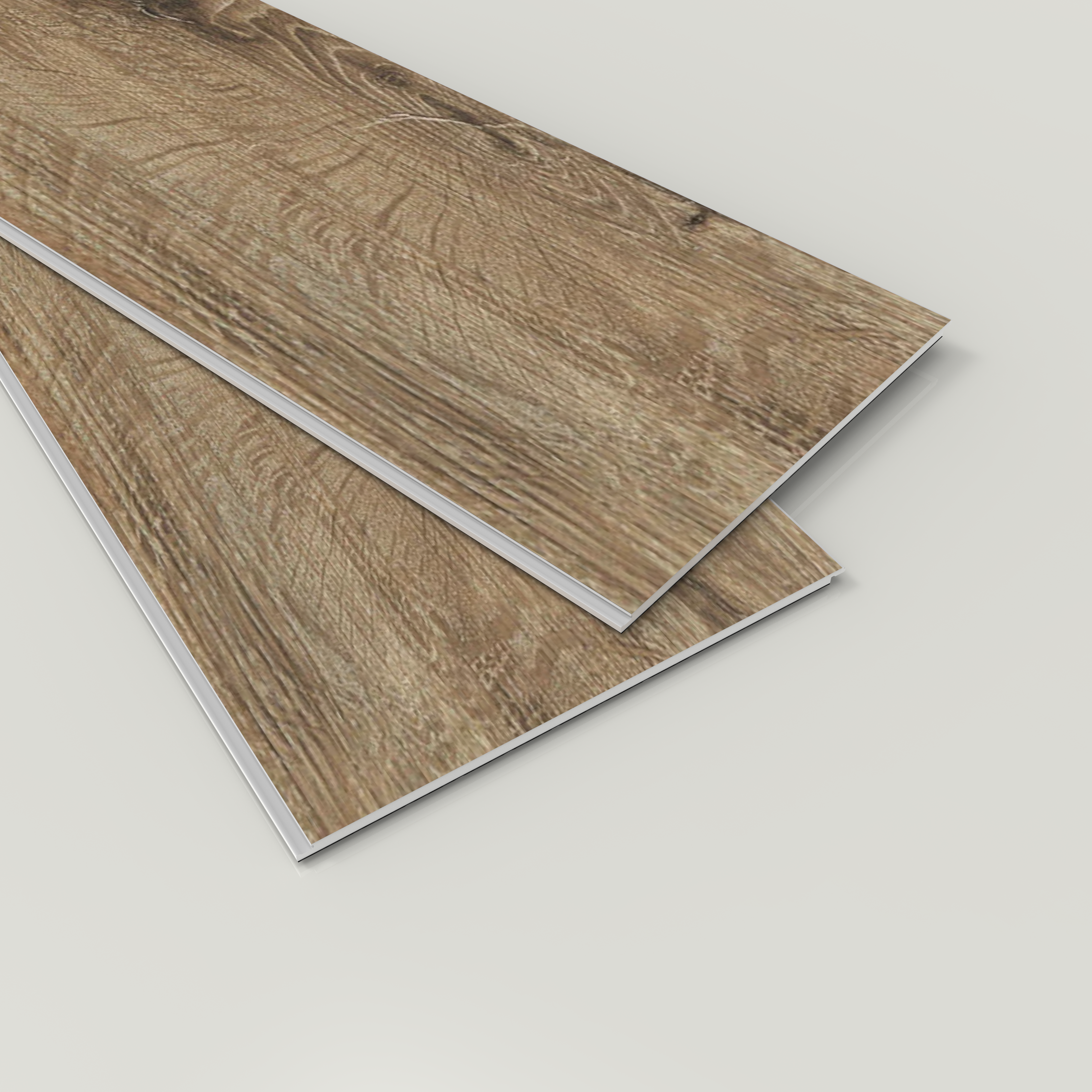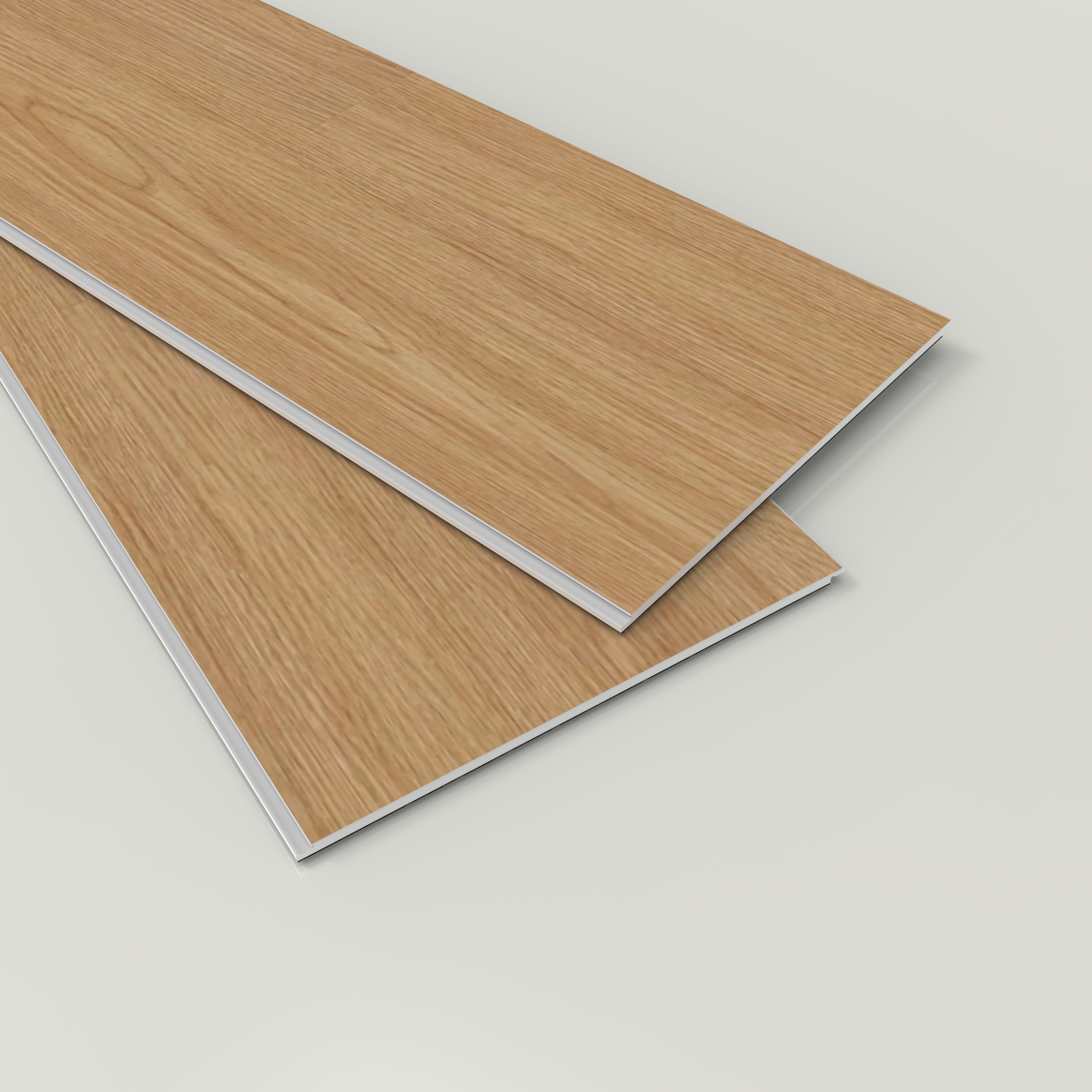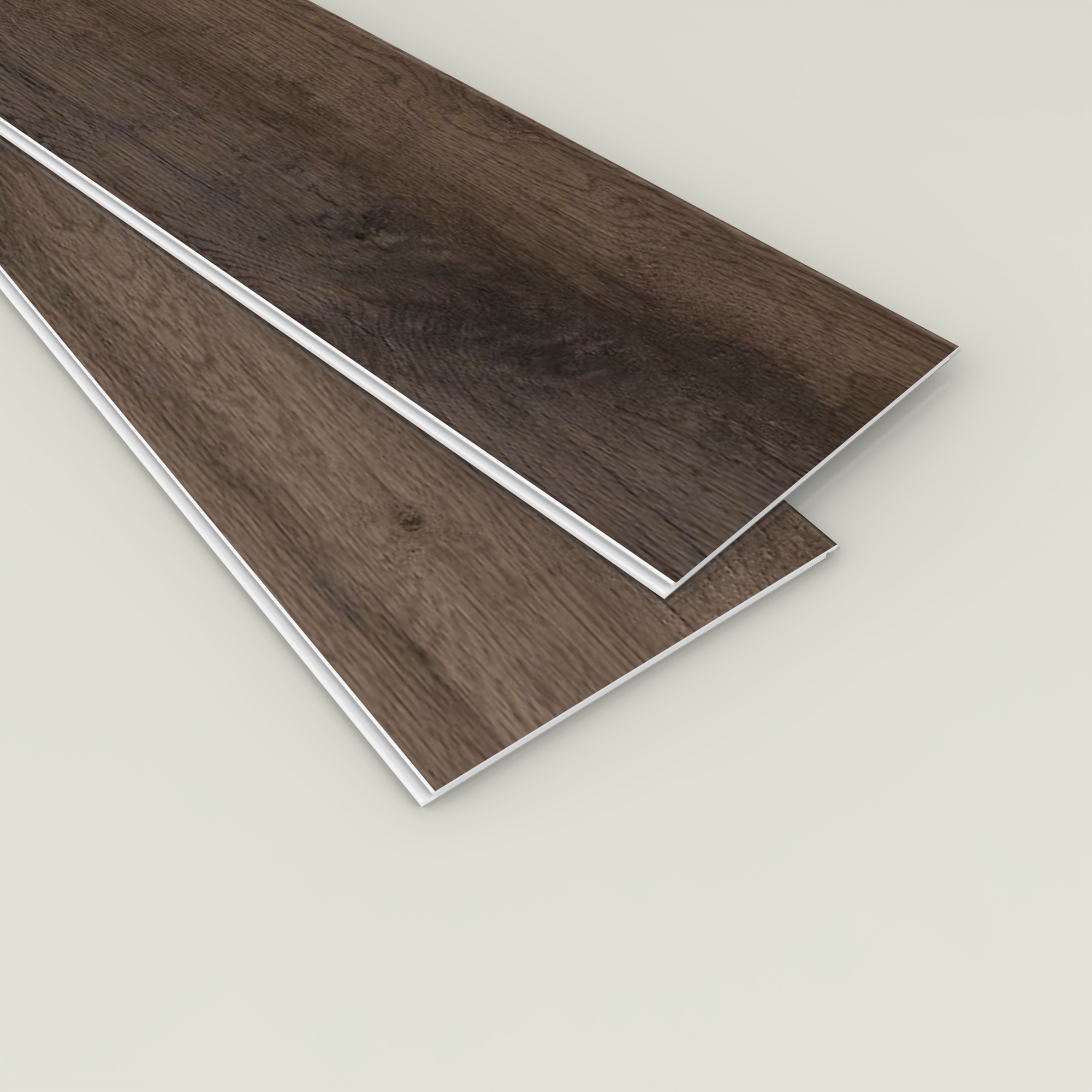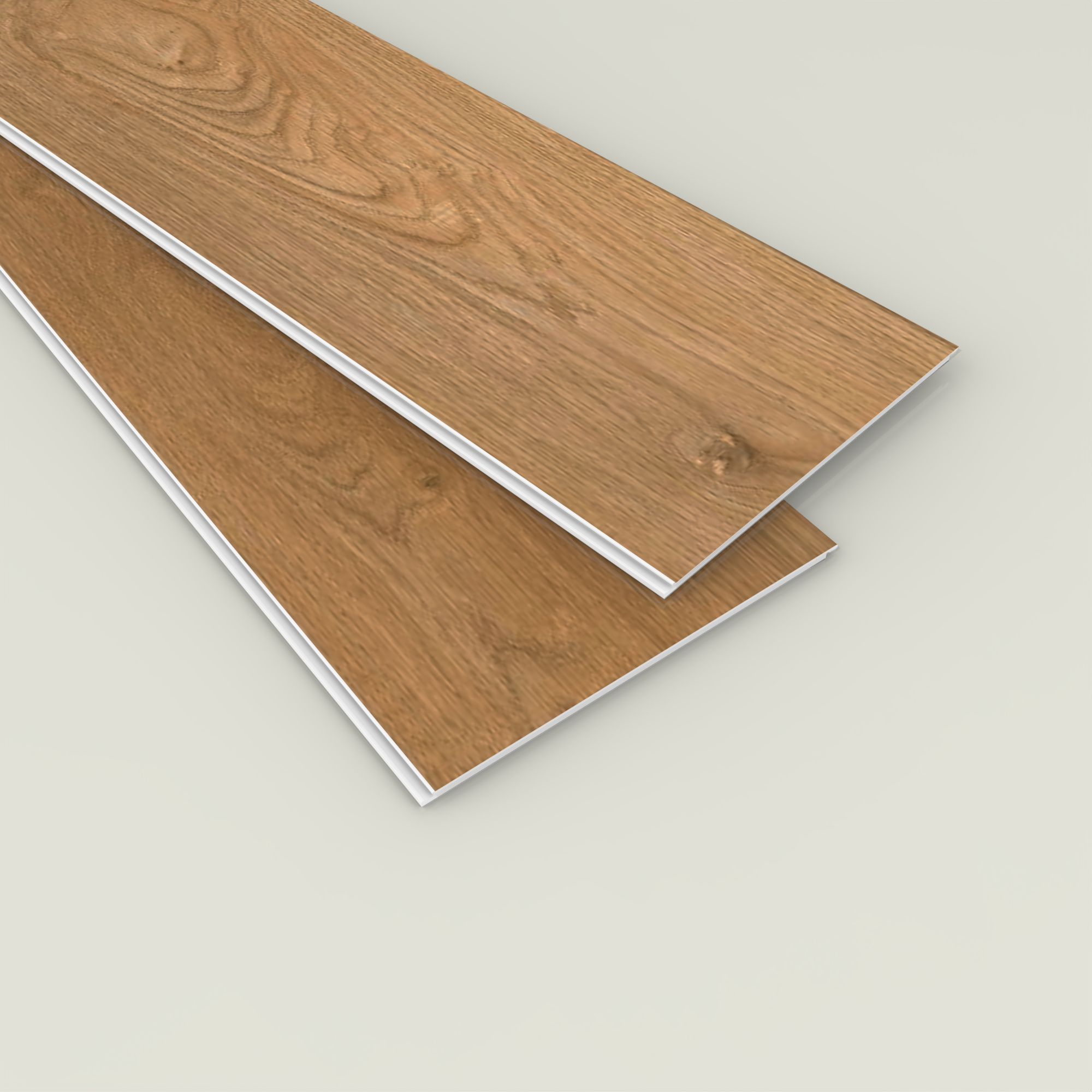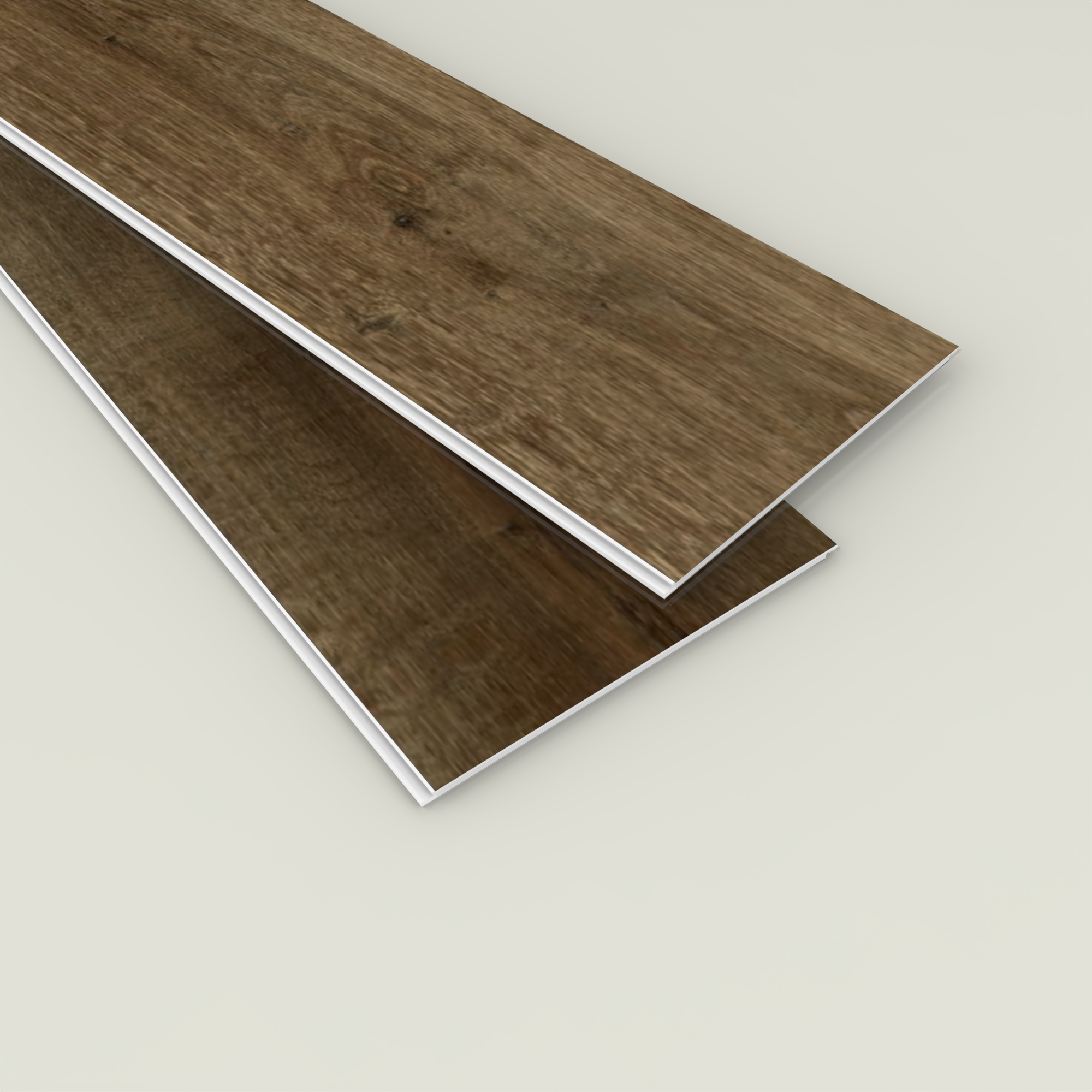Are you currently remodeling your home and having trouble deciding on flooring? Do not worry—we have you covered! This article goes into great detail about the difference between SPC and LVP flooring. Now, let's find out what your suitable flooring is:
What is SPC flooring?
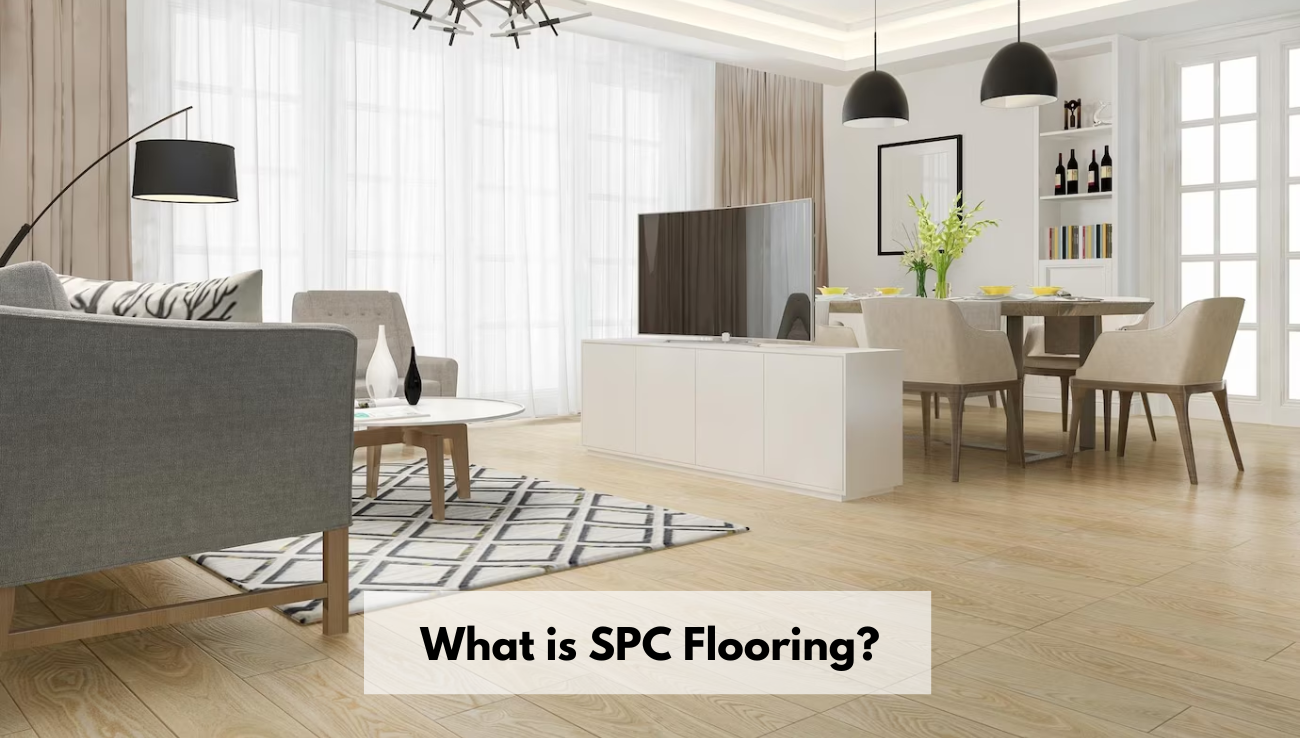
SPC stands for Stone Plastic Composite. It refers to the core of this flooring. By mixing stabilizers with limestone, this type of stiff-core vinyl flooring becomes more robust and long-lasting. SPC flooring is widely recognized for its water resistance, stability, and durability and is utilized in both residential and commercial environments. Printed vinyl, an SPC core layer, an underlayment, and a wear layer tend to be among the numerous layers.
What is LVP flooring?
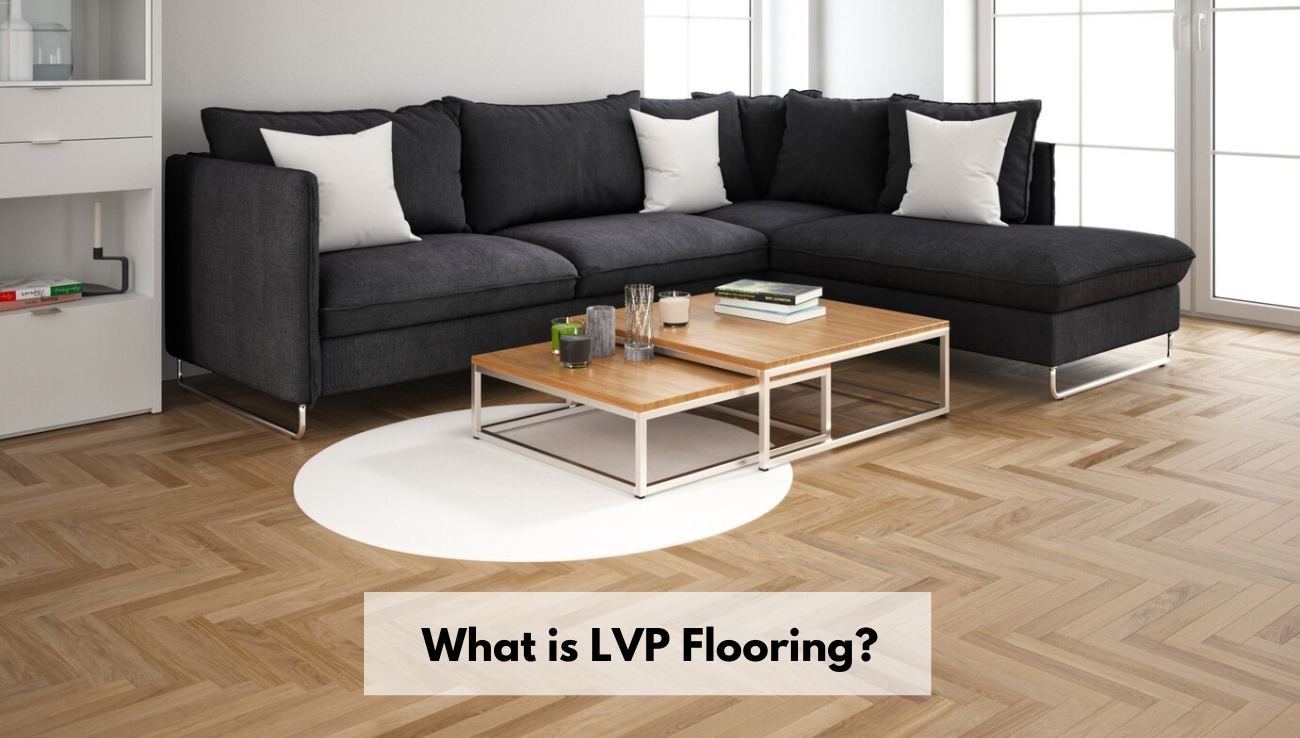
LVP refers to Luxury Vinyl Plank flooring. The purpose of this sort of flooring is to mimic real hardwood floors. LVP is composed of three layers: the printed vinyl layer, the wear layer, and the core layer. The well-acknowledged cost-effectiveness of SPC flooring sets it apart from LVP flooring. Additionally, compared to hardwood flooring, it is more weather-resistant and durable. Its patterns, colors, and textures are quite diverse. Its versatility makes it a popular option for both home and corporate settings.
Comparing SPC and LVP Flooring: Key Differences
The difference between SPC and LVP flooring is significant, but a few are the most pertinent. Find them here:
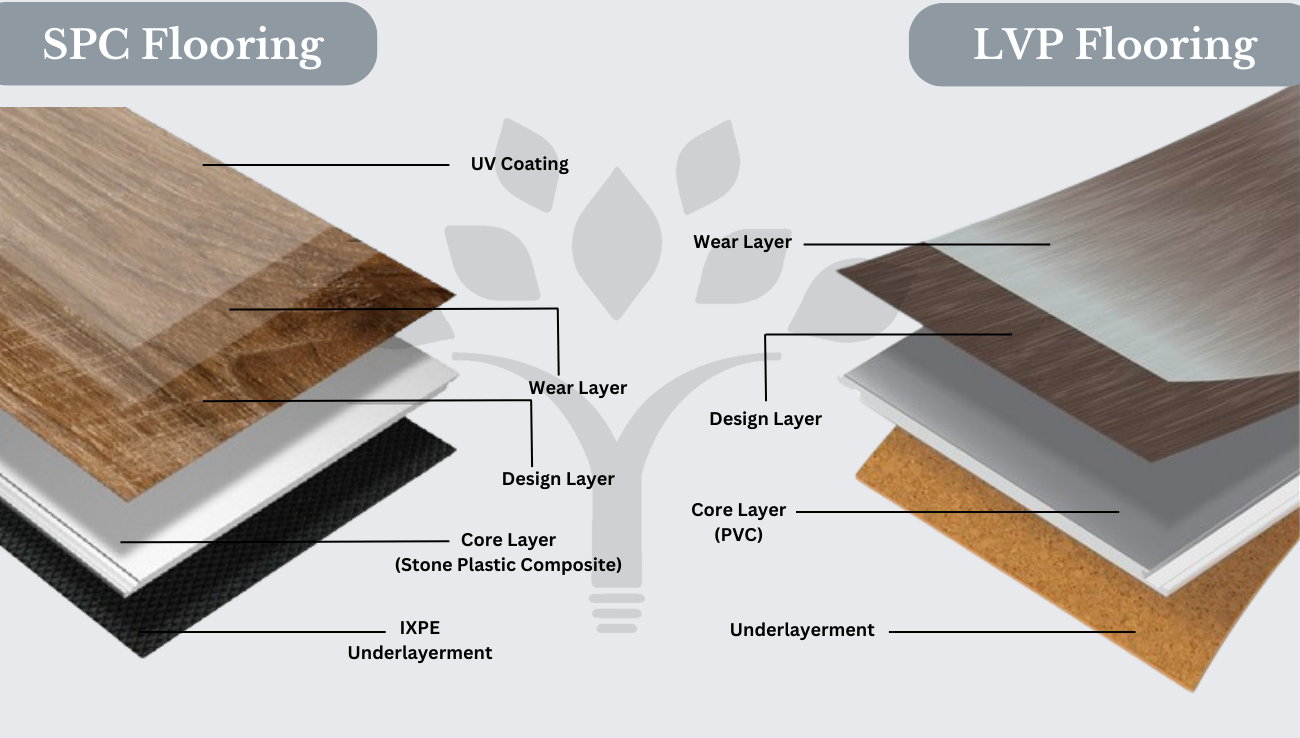
1. Core Material:
- SPC: SPC flooring has a stone-plastic composite core. This core is made of limestone powder, polyvinyl chloride, and stabilizers. This core provides exceptional rigidity and stability.
- LVP: LVP flooring typically has a flexible vinyl core. While it's still durable, it's generally not as rigid as the SPC core.
2. Thickness and Rigidity:
- SPC: In SPC flooring vs LVP, SPC flooring tends to be thicker and more rigid due to its stone composite core. It's highly resistant to impacts and can better conceal subfloor imperfections.
- LVP: LVP flooring is thinner and more flexible compared to SPC. While still durable, it may not offer the same level of rigidity and impact resistance as SPC.
3. Installation:
- SPC: Installing SPC flooring is quite simple and doesn't require any adhesives. Because It's a click-lock or interlocking installation mechanism
- LVP: Click-lock installation is a common method used by LVP flooring to offer a similar degree of ease of installation.
4. Water Resistance:
- SPC: Comparing SPC flooring vs LVP, SPC is very water-resistant due to its solid core composition. It functions effectively in damp areas like bathrooms, kitchens, and basements.
- LVP: While LVP flooring is water-resistant due to its core composition, it may not be as resistant to moisture penetration as SPC. For most residential and commercial settings, it's still suitable; however, areas with high moisture content can require special attention.
5. Sound Absorption:
- SPC: SPC flooring tends to have better sound absorption properties compared to LVP due to its dense core material.
- LVP: LVP flooring may transmit more sound, especially in areas where sound insulation is desired.
6. SPC Vs LVP Price:
- SPC: Because of its higher rigidity and water resistance, SPC flooring is often a little more expensive than LVP.
- LVP: Comparing LVP vs SPC flooring cost, LVP flooring is often less expensive than SPC, which attracts consumers on a tight budget.
In conclusion, the choice between SPC and LVP flooring is typically based on factors like rigidity, water resistance, and price, even though both materials provide long-lasting, visually beautiful, and easy-to-install options for both residential and commercial applications.
Which is best? SPC vs. LVP Flooring
Your unique demands and tastes will determine whether the type of flooring—Luxury Vinyl Plank or SPC (Stone Plastic Composite)—is "best." To assist you in making a decision, the following comparison is based on an examination of the difference between SPC and LVP flooring:
Choose SPC flooring If:
- Rigidity and Stability: Based on SPC flooring reviews, SPC flooring with its stone composite core is a superior choice if a very robust and stable floor is important to you. It's ideal for uses requiring extraordinary durability and damage resistance.
- Water Resistance: Because of its strong core material, SPC flooring frequently provides an exceptional degree of water resistance, making it ideal for damp spaces like basements, kitchens, and bathrooms.
- Sound Absorption: Due to its denser core, SPC frequently outperforms LVP when sound absorption is an issue.
- Budget: Considering its longevity and water resistance, SPC flooring may still be a cost-effective choice, even if it is often somewhat more expensive than LVP.
Choose LVP flooring If:
- Flexibility and Comfort: LVP flooring, with its flexible vinyl core, offers a softer feel underfoot compared to SPC. If comfort is a priority, especially in areas where people may stand for extended periods, LVP may be preferred.
- Ease of Installation: Although both SPC and LVP employ click-lock or interlocking installation technologies, the difference between SPC and LVP flooring is that LVP may be slightly easier to install because of its adaptability.
- Versatility: Because LVP comes in a larger range of patterns, colors, and textures than SPC, it provides more creative flexibility. If looks are your first concern, LVP could be a better option.
- Moderate Moisture Environments: Despite still being water-resistant, LVP could be a better option than SPC in moderate moisture situations. If you're not working with really high moisture levels, LVP may make sense.
The "best" choice will ultimately rely on your particular needs, which may include the place to be used, the amount of durability you want, the price range, and your aesthetic choices. Take these things into great consideration while deciding between SPC and LVP flooring.
Conclusion
SPC (Stone Plastic Composite) flooring is the best option if your needs are primarily focused on increased robustness, water resistance, and durability. Bathrooms, kitchens, and basements are among the high-traffic areas and damp regions where it works perfectly.
But luxury vinyl plank, or LVP, flooring is a superior choice if you value adaptability, comfort underfoot, and a variety of design possibilities. The difference between SPC and LVP flooring is that LVP works well in a variety of residential and commercial settings thanks to its adaptable design possibilities.
Connect with BuildMyPlace for all your renovation and home-building needs! Whether you need advice, materials, or professional services, our experts are here to help. Contact us today to schedule a consultation or live video chat!
FREQUENTLY ASKED QUESTIONS
Q: Which is the best among SPC and LVP flooring?
Stone composite core in SPC flooring provides improved rigidity and water resistance. On the other hand, luxury vinyl plank (LVP) flooring features a flexible vinyl core that provides more possibilities for design and a more comfortable underfoot sensation.
Q: Out of SPC and LVP flooring, which is more waterproof?
A: SPC flooring is frequently more water-resistant due to its solid stone composite core. It works well in spaces with high water usage like bathrooms, basements, and kitchens.
Q: Is SPC or LVP flooring easier to install?
A: Since click-lock or interlocking installation mechanisms are commonly found in SPC and LVP flooring, installation is very simple and doesn't require adhesives. However, because of its versatility, LVP could be a little bit simpler to deal with.
Q: Of the two flooring options, SPC or LVP, which is more affordable?
A: In general, LVP flooring is less expensive than SPC. However, other aspects like design, quality, and brand may have an impact on the price differential.
Q: Can SPC or LVP flooring be installed in basements?
A: Both SPC and LVP flooring are suitable for basement installations due to their water-resistance properties. However, it's essential to ensure proper subfloor preparation and moisture control measures, regardless of the flooring type chosen.






